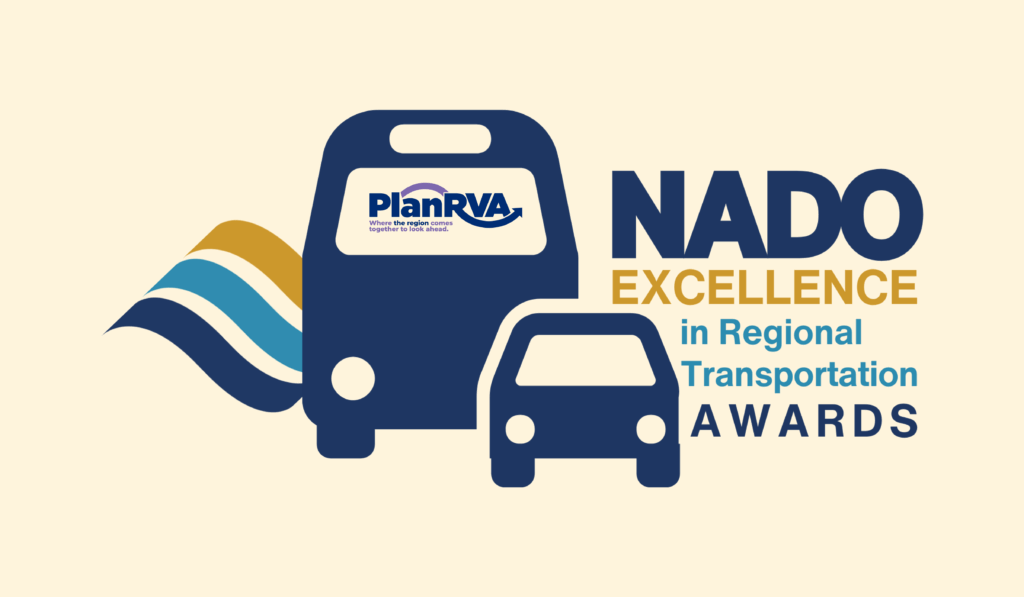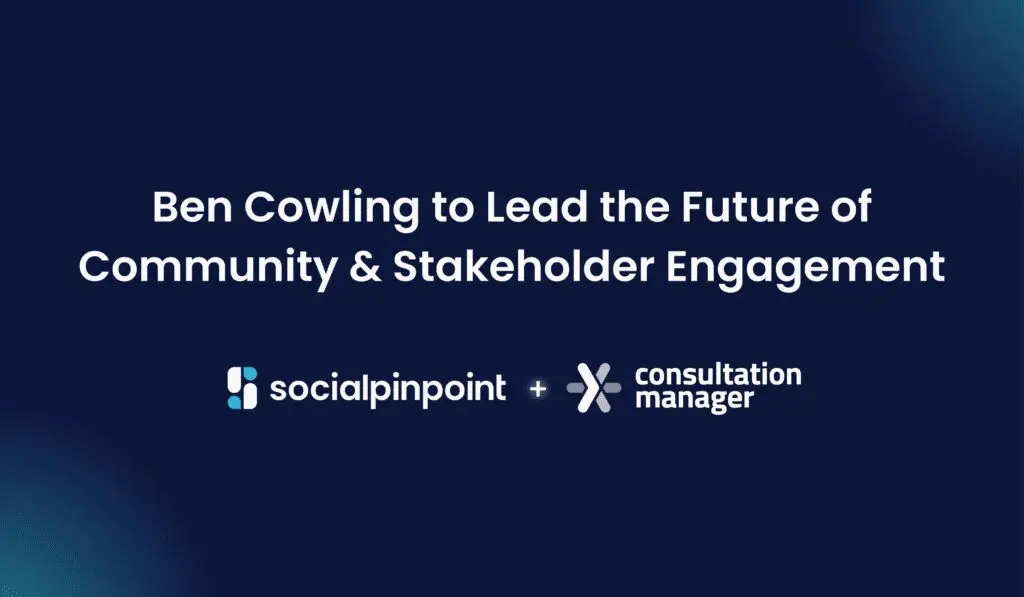The question isn’t whether we should register participants. The question is: What do we need to do differently to make people feel safe and motivated to do so?
This single question strikes at the heart of a tension that’s quietly undermining the integrity of community engagement across all Sectors. At a time when data-driven decision making is not just desirable but essential, we find ourselves in a paradox: the very information we need to guide genuine and meaningful decisions is becoming harder to collect – because the trust required to collect it is often missing.
The Registration Dilemma:
Registration – asking people to provide their name, email, postcode, or demographic details such as age, gender etc. – has become a flashpoint in digital and face to face engagement. For organisations, this data is vital. It allows them to:
- Track participation trends over time
- Ensure representative input across demographics and geographies
- Provide transparency in reporting and accountability
- Close the loop with specific communities or stakeholders
But for many in the community, especially those who are marginalised, or have experienced poor consultation outcomes in the past, registration feels risky. They ask: Why do you need to know who I am? Will my data be used to target me? Will it influence anything?
Their hesitation is not paranoia. It’s a rational response to a system that has often failed to demonstrate the value of their input. Without clear, visible impacts from past participation, trust erodes. And without trust, even the basic requests like registration can feel like barriers.
The Cost of Anonymity
In response, some organisations default to anonymous feedback tools, believing that lowering the bar will increase participation. But anonymity has its limits:
- It prevents follow up and feedback loops
- It limits our ability to identify underrepresented voices
- It opens the door to repeated, biased, or bad faith inputs
- It increases the risk of bots and AI generated responses
Worse, it gives a false sense of engagement success based on volume, not value. Executives may receive long reports filled with generic charts and thousands of data points – but without knowing who those inputs represent, it’s hard for them to make evidence-based decisions with confidence.
This tension creates a self-perpetuating loop:
- Low trust leads to hesitation to register
- Hesitation leads to anonymous engagement
- Anonymous data produces weaker insights
- Weaker insights lead to decisions that feel disconnected
- Disconnected decisions reinforce low trust
And so, the cycle continues….
For senior practitioners, and decision makers, this is not just a challenge—it’s a leadership opportunity.
If we want community engagement to be more than a box-ticking exercise, we need to evolve how we think about data, consent, and trust. We must shift from a model of transactional participation to one of relational engagement. That starts with acknowledging the tensions, then designing intentionally for both participation and insight.
The question isn’t whether we should register participants. The question is: What do we need to do differently to make people feel safe and motivated to do so?
This isn’t about choosing between data or trust. It’s about realising that without trust, data can become meaningless. And without data, trust cannot genuinely shape decisions.
Breaking the cycle won’t be easy—but it’s essential for the future of credible, equitable, and impactful engagement.
If you’d like to explore how we can break this cycle—or discuss practical ways to strengthen trust and data integrity in your community engagement practices—get in touch with our Community Engagement Specialist.
In addition to our industry-leading community engagement platform, we also offer tailored Professional Development services and Capacity Building training (Australia and New Zealand only) designed to equip your team with the tools, insights, and confidence to lead meaningful engagement in today’s complex environment.
Empower your organisation to move beyond participation barriers and build the foundations for trust, transparency, and impact.












